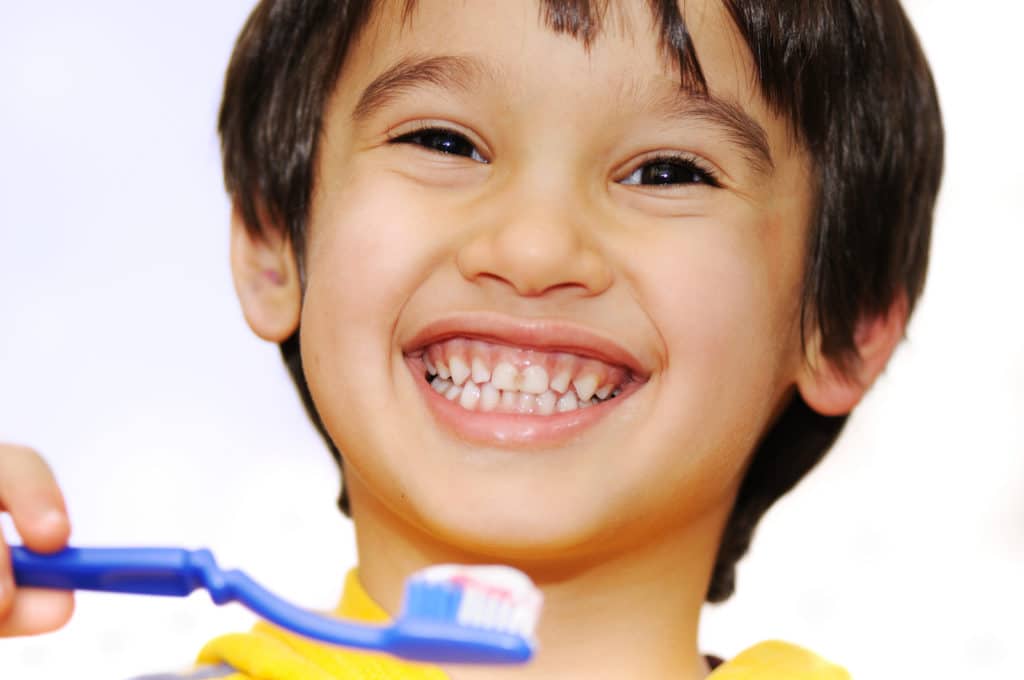- +917892951808
- Indiranagar, Bangalore
Best Dental Clinic In Bangalore Indiranagar | Best Dentist in Bangalore Indiranagar
- Home
- About Us
- Treatments
- Blog
- Contact Us
8 important tips to take care of your child's dental health

As a parent, have you ever thought that your child's dental health doesn't require much care and attention since baby teeth will fall out anyway? If you think so, clear your thoughts, remember healthy teeth are important to your child's overall health. Moreover, as adults, we all want healthy looking teeth and that starts with having healthy teeth as children.
Every child's dental care should begin right from the time the first tooth erupts. From this time forward, oral hygiene should be strictly maintained. Teaching your child proper oral care at a young age is an investment because, once the permanent teeth start to come in, these teeth will last your child for the rest of her life. Dentists generally advise starting regular dental examinations once the adult teeth grow to make sure that they remain cavity-free and healthy.
In recent years, there has been a significant increase in dental caries, or decay, in children aged 2-12. The reasons behind the growth are numerous – poor dental care, irregular brushing habits, chewing on sugar-filled candies, drinks between meals, aerated drinks, etc. Therefore, it is a must for you, as a parent, to play an important role in your child's dental health.
How can you help your child care for their teeth at an early age?
Children need to be taught basic good oral hygiene habits while the oral hygiene for infants and kids below 4 needs to be taken care of by parents. Here are some ways you can help your child maintain good dental health
8 important tips to take care of your child's dental health
- Even before your baby starts teething, run a clean, damp washcloth over the gums to clear away harmful bacteria. Once your baby starts teething, you can gently start brushing them with a very soft bristle infant brush
- Get your child into the habit of brushing twice a day. This will aid in removing plaque which is the root cause of tooth decay
- Floss their teeth daily to remove plaque from between the teeth and under the gum line before it can harden into tartar. You can begin flossing for them at the age of 4. If your child is above 7, you might as well teach them to do it on their own, while you are still supervising them. (It is advisable to use children's flossers with handle)
- Avoid giving your child sticky foods, sweets, aerated drinks. Keep a routine of eating a well-balanced diet that limits starchy or sugary foods. Heavy consumption of such foods produces plaque acids that can cause tooth decay. Also, when you do eat these foods, club them with your meal instead of eating it as a separate snack, as the extra saliva produced during a meal helps rinse food from the mouth
- A child's diet should include plenty of calcium, phosphorous, and proper levels of fluoride
- Proper brushing techniques should be taught. E.g. Angling the brush along the outer gum line to clean the outer surface of each tooth, scraping the tongue
- Schedule regular dental appointments for your child. This way any disease or dental issue can be taken care at the earliest
- Lastly, your example is of utmost importance. Children learn from observing their parents and your good dental health practice will have an impact on them
